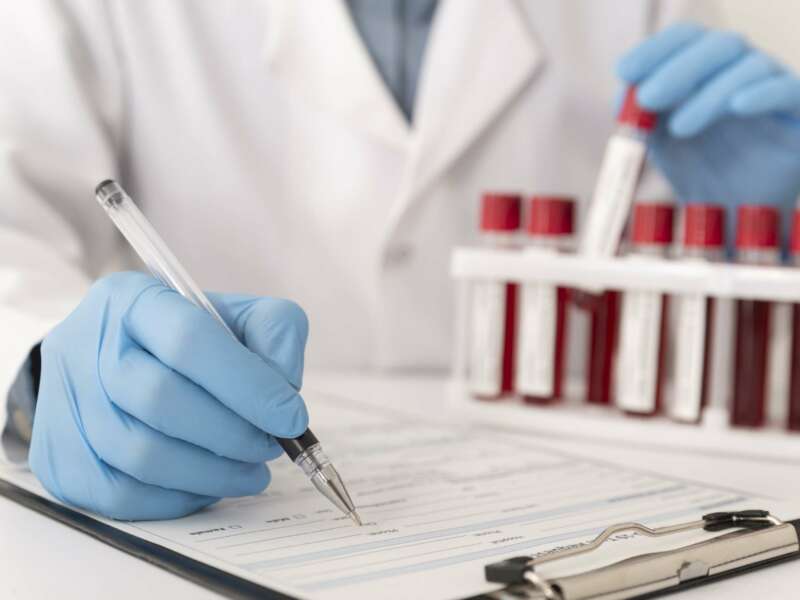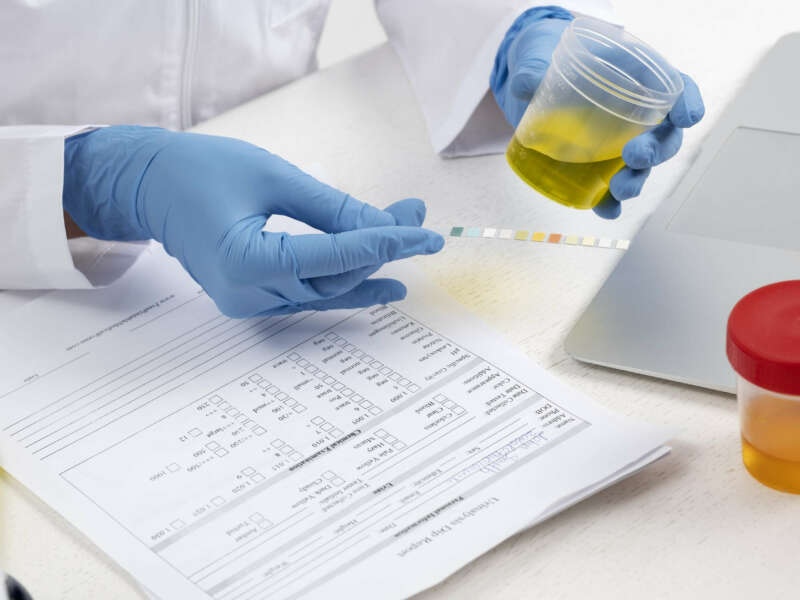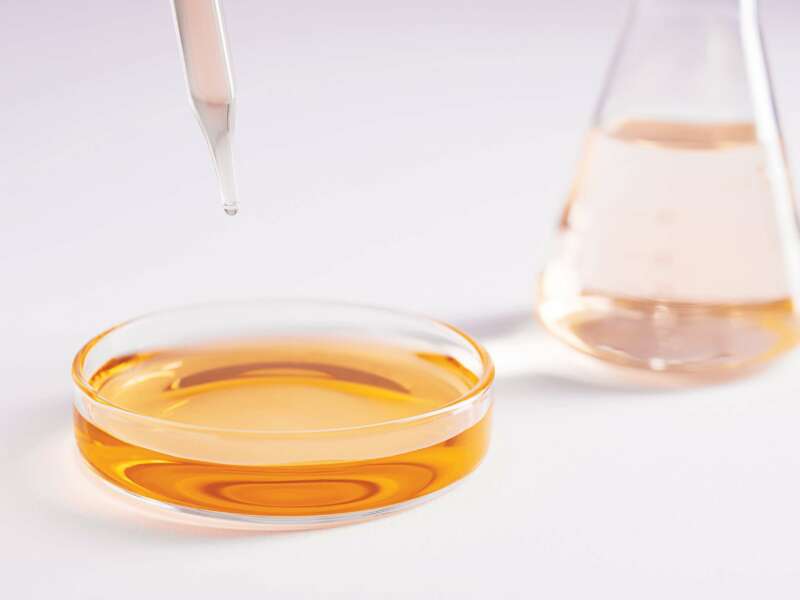
Blood Testing
Blood testing refers to the analysis and examination of blood samples to understand the internal conditions of the human body. It includes the following common components of blood tests:
Blood cell count, hemoglobin, hematocrit, white blood cell differential count, platelet count, blood biochemistry markers, lipid profile, serum electrolytes, C-reactive protein, blood type, Rh factor
The mentioned components are commonly included in blood tests, and different diseases require specific blood test items for diagnosis. Prior to conducting a blood test, doctors will consider the patient’s symptoms and medical history to select the appropriate test components in order to determine the patient’s condition.

Urinalysis
Urinalysis is a common medical examination that involves analyzing urine to obtain valuable information. It assists doctors in diagnosing conditions and monitoring disease progression. The following are components of a urinalysis:
Appearance, pH value, protein, glucose, leukocytes and red blood cells, crystals, sediment
Urinalysis can provide valuable information to assist doctors in diagnosing diseases and monitoring the progression of a patient’s condition.

Stool Testing
Stool testing is a common medical examination that involves obtaining valuable information from fecal samples to aid in disease diagnosis and monitoring. The following are components of stool testing:
Appearance, pH level, occult blood, glucose, fat, pathogens, parasite eggs
Stool testing can provide valuable information that aids in diagnosing gastrointestinal disorders and monitoring the progression of diseases.

